Google just bought a huge chunk of HTC for $1.1 billion. They're bringing in around 2,000 employees, mostly from the hardware division, and these folks will presumably work under hardware chief Rick Osterloh. There's a massive patent portfolio involved, too, so stop me if you've heard this before — Motorola, anyone?
Back in 2012, Google purchased Motorola for $12.5 billion, their largest acquisition ever at that time. That move gave them a formidable stash of smartphone-related patents, and it also came with a huge hardware division led by none other than Rick Osterloh. But the similarities stop there.
Background: The Open Handset Alliance
First, let me point out the obvious. In case you didn't know, Google makes Android, which is an open source platform. The free nature of this platform means that any phone manufacturer can use Android as their base OS so they don't have to worry about creating software.
In fact, dozens of companies like Samsung, LG, and even HTC and Motorola do just that. Together with Google, these companies form the Open Handset Alliance, or OHA, which poses the biggest threat to other phone ecosystems like iOS and Windows 10 Mobile. Having said that...
The Rockstar Consortium
In June 2011, shortly before Google purchased Motorola, something sinister was brewing. Two bitter enemies, who also happened to be two of the biggest tech companies on earth, joined forces with the apparent goal of taking down a common enemy: Android and the OHA.
Those two companies were Apple and Microsoft — yes, they actually worked together on this one. Along with a handful of other tech companies, they formed a group called Rockstar Consortium. This group immediately snapped up a company called Nortel, who had recently fallen into bankruptcy at the time, but had previously been one of the pioneers of the mobile industry.
Ultimately, Rockstar's purchase of Nortel netted them a massive patent portfolio that predated most of the patents owned by Android OEMs. In other words, Apple and Microsoft had the ammo for a patent war with Google, Samsung, and friends, and their arsenal was enough to ensure an easy win. Android was on the ropes.
This is about the time where Google purchased Motorola. Like Nortel, they were among the pioneers of the mobile industry and had a juicy patent portfolio that would be useful in legal battles ahead.
Keep in mind that Rockstar wasn't the only patent troll out there by any means. In the early 2010s, lawsuits over the tiniest things — such as a smartphone's basic rectangle-with-rounded-corners design — were being fought left and right to set legal precedence. It was a major hindrance to the advancement of mobile technology, as companies had to invest more in their legal departments and less in R&D.
Motorola & PAX
So let's fast-forward to today. Notice how the patent trolls have seemingly stopped? When is the last time you heard of Apple suing an Android OEM for patent infringement?
Since that Motorola deal, Google went on to form the PAX agreement, a massive cross-licensing deal that allowed all companies involved to share in each other's patents as long as they were only used to defend the companies against lawsuits.
In other words, a reverse patent troll. A consortium that only exists to prevent entities like Rockstar from filing frivolous suits.
Google had an incentive to form PAX: Their OHA hardware partners were getting beat up in courtrooms, losing billions that could've otherwise gone towards advancing the Android ecosystem and strengthening Google's grip on the phone in your pocket. On the services it runs.
But why did so many other OHA companies join PAX and give up hope on any pending lawsuits they may have had between them? Because Google was offering a chance to use those Motorola patents to defend against groups like Rockstar, and those particular patents were some of the most effective anti-troll ammo.
Remember the 90s? Motorola ran the mobile industry in the US. They were among the first, and they were even miles ahead of the likes of Nortel. In that position, they were awarded some of the most basic patents — the lowest common denominator types that would win any patent suit.
It's Different This Time
So what does this all have to do with Google's HTC purchase? For one, it tells you that this newer deal took place in a wholly different context, under conditions that were nothing like those that motivated Google to purchase Motorola.
You see, Google went on to sell the Motorola brand to Lenovo. In fact, they ditched almost every asset from the initial purchase except for those valuable patents. This effectively destroyed one of the strongest smartphone brands at the time, and people are understandably concerned that HTC will soon suffer the same fate.
But 2017 is nothing like 2012. Nowadays, PAX has ensured that mobile patent trolls are powerless in US courtrooms. In fact, Rockstar was ultimately forced to sell off its patent portfolio when most of their lawsuits went belly-up after the Google-Motorola deal.
Sure, part of Google's agreement with HTC included non-exclusive IP, which is a fancy way of saying Google (and thus, PAX) will get to use some of HTC's patents for now, but HTC still reserves the right to license or sell those patents to other entities. But patents certainly aren't the main point of the deal this time.
Another key difference is that Google won't be selling off the HTC brand to the highest bidder like they did with Motorola. HTC keeps that. It appears they're keeping their actual manufacturing facilities, too.
So HTC can rebound from this. They were in a dark place beforehand, but they just got a billion-dollar injection of capital, slimmed down their employee base, and still have enough left over to hire some replacements for the employees Google acqui-hired.
Google Is Now a Hardware Company
Google, on the other hand, isn't worried about patents anymore — they have that part covered now. To them, this deal was all about hardware. In fact, many of the employees that are moving from HTC to Google are the same people who worked on Google's Pixel release last year. Now they've also got the Google Home, Google WiFi, Chromecast, and even Pixelbook to worry about, so a strong manufacturing division was needed.
To date, Google has been a software and services company. Full disclosure, one of those services is advertising, obviously, but that's neither here nor there. What's important is that this HTC move gives them a type of vertical integration that, until now, only Apple has been able to enjoy in the tech industry. From top to bottom, Google now has it all: Services like Google Search, YouTube, and Gmail, the software to run them on, and the hardware to install said software on.
Really, the biggest similarity between this HTC deal and the Motorola move before it is our old pal Rick Osterloh. Mr. Osterloh was running Motorola's hardware division in 2012, then briefly left Google when the company was sold to Lenovo, only to be brought back as Google's Senior Vice President of Hardware — the same hardware division that was just infused with the expertise of some 2,000 HTC employees.
So get ready for some changes, because Google is now officially a hardware manufacturer — and they have the patents to prove it.
- Follow Gadget Hacks on Facebook, Twitter, Google+, YouTube, and Instagram
- Follow WonderHowTo on Facebook, Twitter, Pinterest, and Google+
Cover image via brionv/Flickr





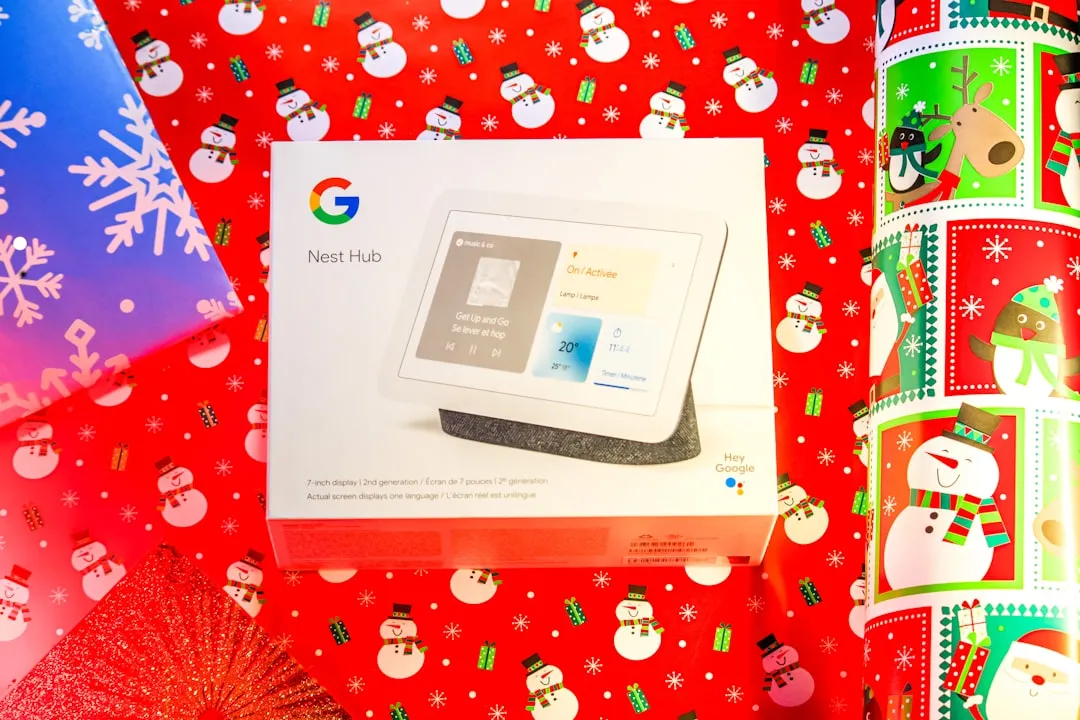

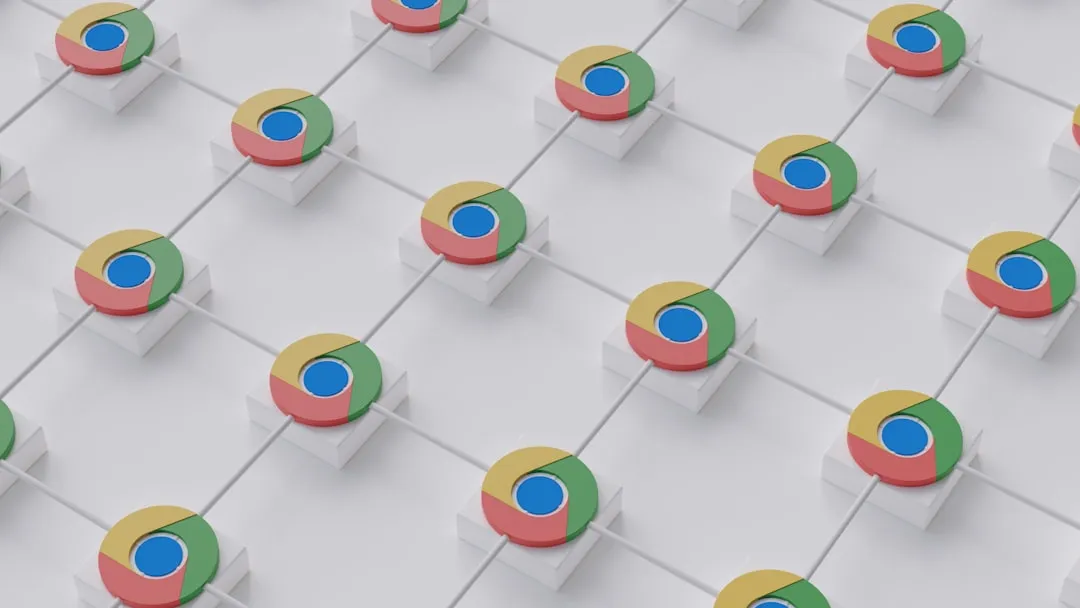
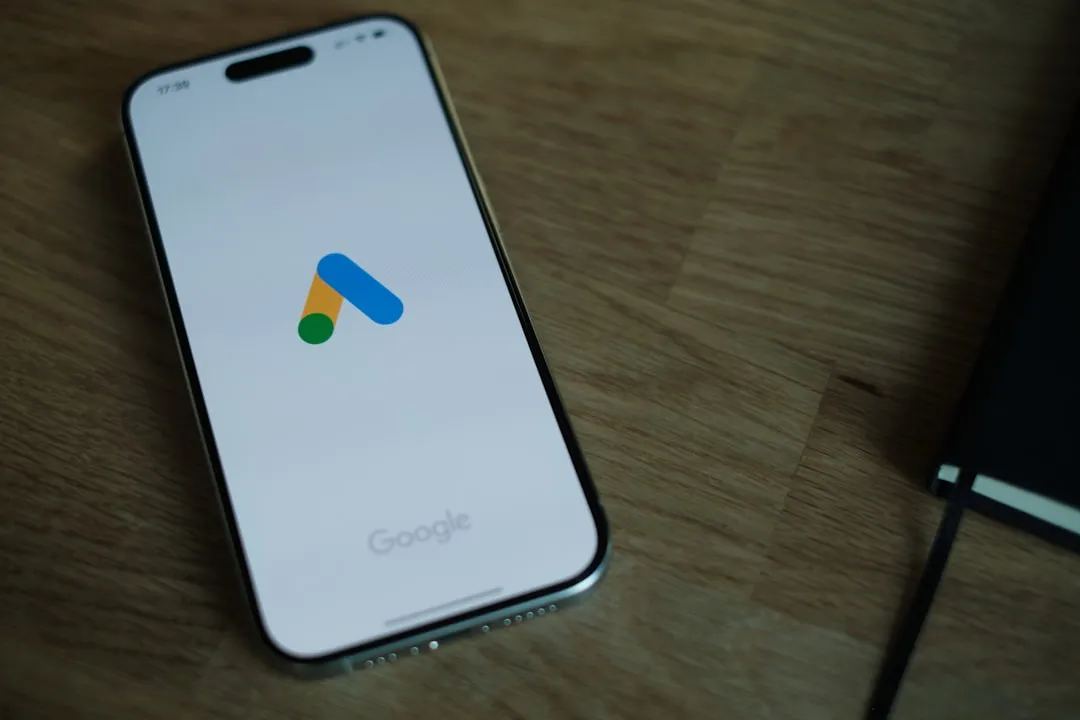

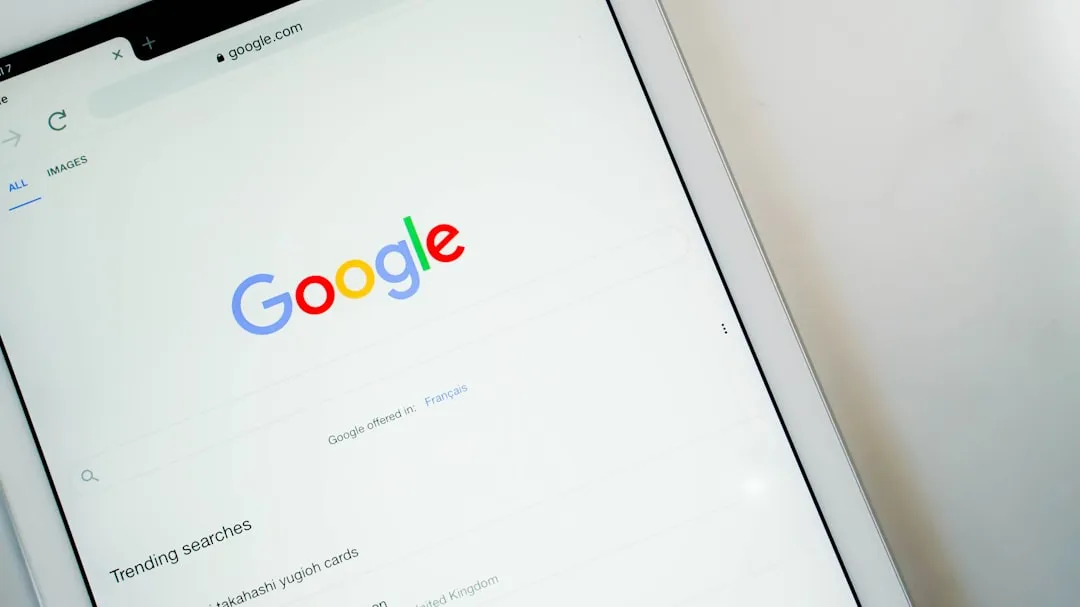
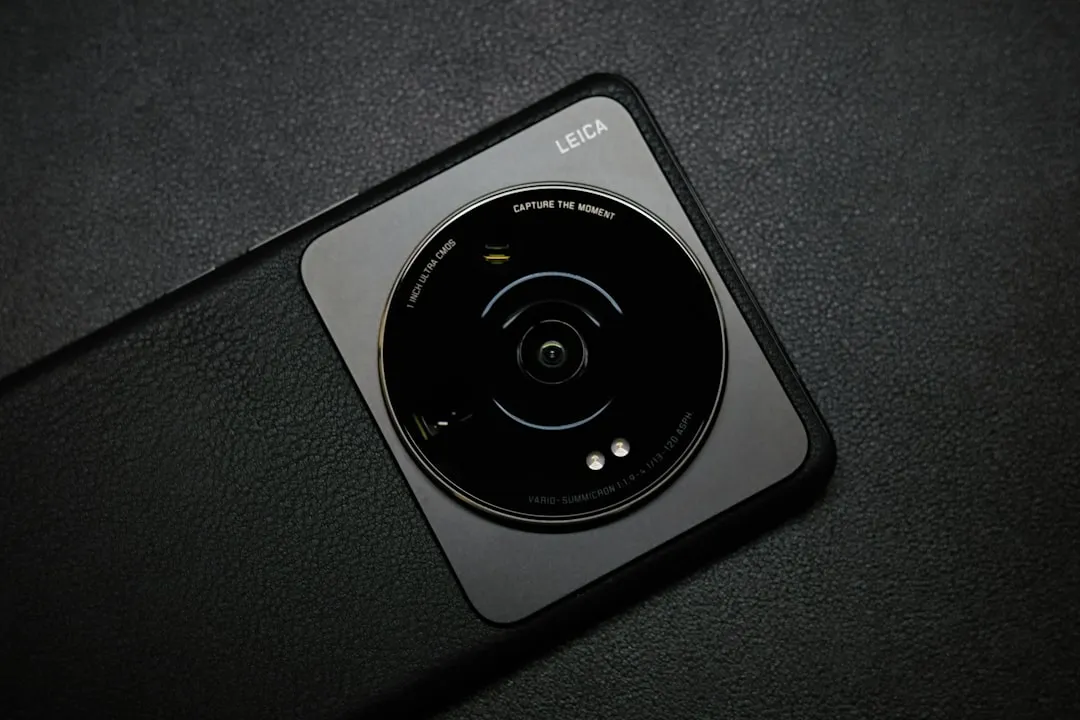
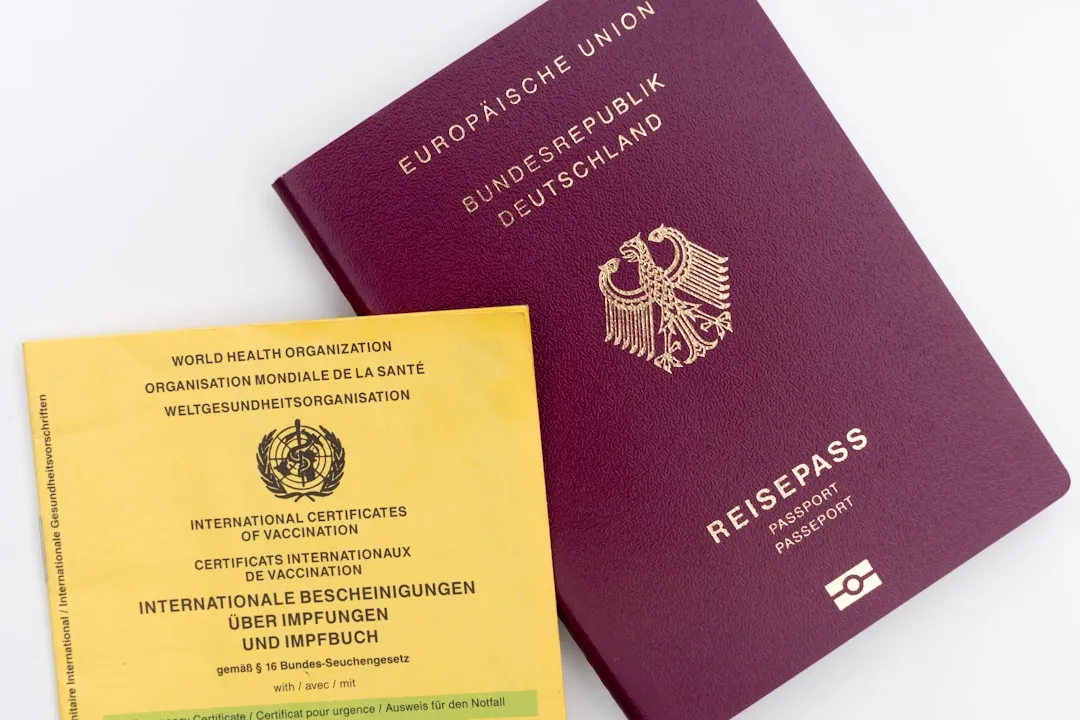
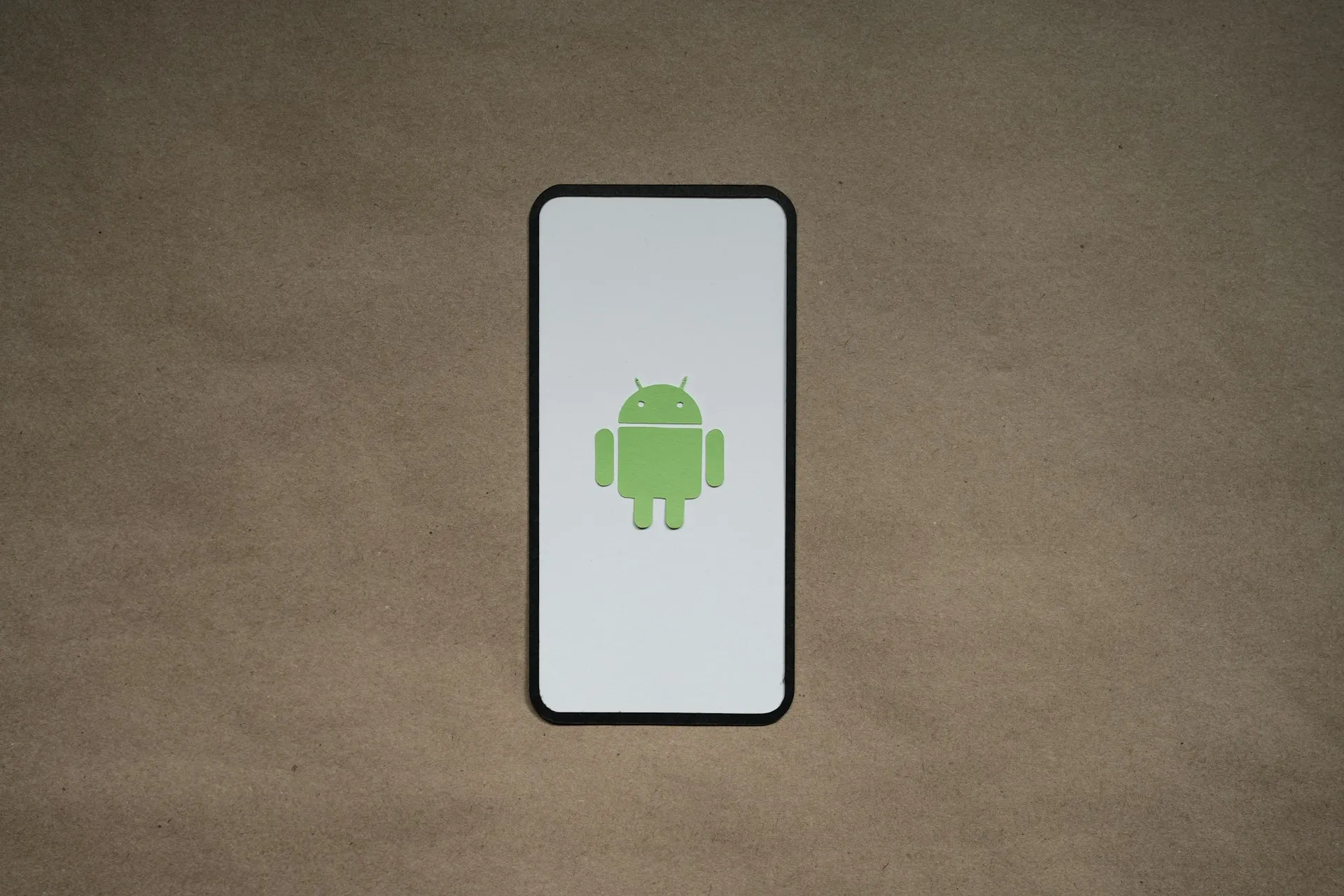

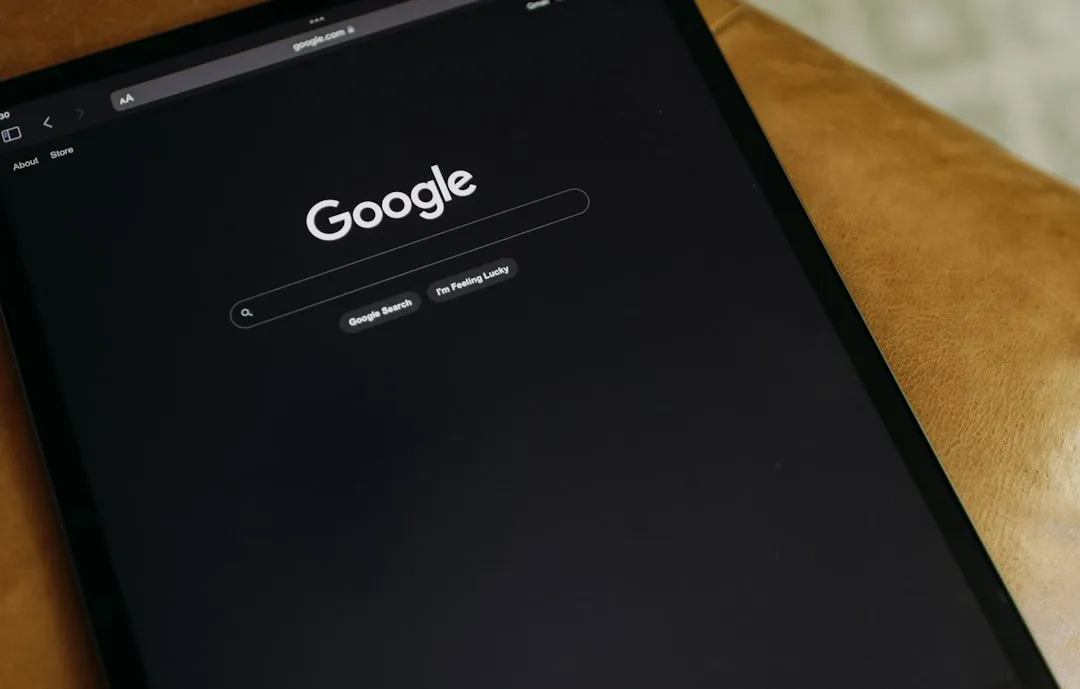







Comments
Be the first, drop a comment!